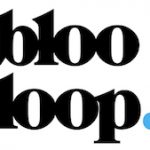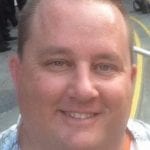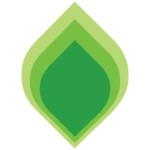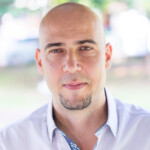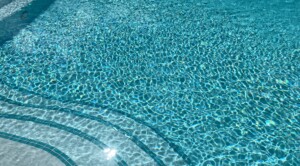“There’s nothing quite like children’s power as a pure energy source, ” says Trevor Field, marketing director of Roundabout Outdoor. Based in Johannesburg, South Africa, Roundabout is an outdoor advertising company that is also in the business of creating and marketing children’s “Playpumps.” These simple merry-go-rounds installed above wells harness the power of children at play to pump water to a holding tank accessible by community members.
What company founders didn’t realize when they started Roundabout in 1997 was that they would end up forming an alliance with the World Bank, local businesses, the Department of Water Affairs and Forestry, and a nonprofit organization aimed not only at providing safe, potable water within rural communities and enhancing recreational opportunities for children, but fostering greater HIV/AIDS prevention awareness among the population at large.
With Development Marketplace (DM) funding in the amount of $165, 000, Roundabout installed Playpumps in 40 rural villages throughout South Africa where primary school children can now be found laughing, playing, running, and joyfully extracting water from the ground for their entire community. “Once they’re installed, you can’t get the kids off of them, ” says Field of the Playpumps. “For these children who have never experienced a slide or a swing, they’ve never seen anything quite like it.”
Just a few meters away from where the children play, a water holding tank, plainly visible from a distance, carries HIV/AIDS prevention messages aimed especially at young women, who are frequently charged with collecting water for their households.
With estimates of the number of South Africans infected with the HIV/AIDS ranging from 12 to 20 percent—and in some areas in excess of 25 percent—the Playpump advertising targets young rural women who are particularly at risk of contracting the disease due to limited access to reproductive health education.
Educational advertising content is provided by Love Life, South Africa””s national HIV prevention programme for youth, which employs creative uses of media to develop adolescent friendly health services, outreach, and support programs. The key to its approach is getting young South Africans to talk about sexuality and reproductive health issues.
“Talking about matters of a sexual nature is very taboo in African culture, ” says Field, adding that the goal of the Playpump advertising is to try and get young people to talk about issues related to sexuality, their bodies, relationships, and measures they can take to protect themselves from sexually-transmitted diseases. Included in the ads is a toll-free, 24-hour help line through which callers can get advice from trained counselors.
In addition to HIV/AIDS messages, the tanks carry paid advertising by companies such as Unilever, ColgatePalmolive, Telkom, and Sasko, which covers the cost of maintaining the Playpumps.
The location of the Playpumps in villages and near primary schools also cuts down on the amount of time young women previously spent collecting water. Tapping the energy of children at play, the pumps can generate upwards of 1, 400 litres of water per hour, saving young women time and energy that they would otherwise have spent walking to and from more remote water sources. The Playpumps also help prevent diseases such as cholera that can stem from open water supplies.
An estimated 200, 000 rural community members are expected to benefit from the program through increased access to clean, safe water; recreational opportunities for children; and HIV/AIDS prevention education.
The funds and visibility that the project received through the DM prize turned out to be a catalyst for scaling up the program. Recently, the Kaiser Family Foundation provided Roundabout with $250, 000 to install an additional 60 Playpumps throughout the country. The Kaiser funding was contingent upon raising matching funds through the South African Department of Water Affairs and Forestry, which agreed to offer its support, bringing the total number of Playpump stations involved to 120. These sites have now been installed, and Roundabout Outdoor is in the process of seeking funds to expand further.
“Without World Bank funding we’d still be in our infancy, ” says Field, who also credits DM support with paving the way to forging a mutually-beneficial partnership with the public sector. “Now we can fly.” Not only is Roundabout expanding its activities in South Africa, but requests are flowing in from other parts of Africa and beyond, including Australian, China, India, and Pakistan.
